For centuries, honey has been highly respected for its inherent sweetness and healing qualities. In the past few years, the idea of ethically sourced honey has become increasingly popular, emphasizing the significance of sustainable beekeeping methods and the conservation of bee populations.
In addition to ethical considerations, honey provides various health advantages that make it a worthwhile inclusion in your diet. In this blog post, we will explore the realm of ethically obtained honey, uncover its possible positive impacts on health, and examine how ethical sourcing is linked to enhanced well-being.
What is Ethically Sourced Honey
Ethically sourced honey is honey that is made using environmentally friendly and conscientious approaches to beekeeping. This entails establishing a suitable environment for bees, refraining from harmful pesticides and chemicals, and promoting the overall welfare and vitality of bee colonies. Beekeepers who prioritize ethics place the welfare of the bees as their top priority and work towards maintaining a harmonious ecosystem during the honey harvesting process.
Health Benefits of Honey
Honey encompasses more than being a mere sugary indulgence. It is renowned for its manifold advantages to one's health. Honey contains abundant antioxidants that aid in fighting harmful free radicals and diminishing inflammation within the body. Furthermore, it possesses antibacterial qualities which can assist in the healing of wounds and provide relief for sore throats. Additionally, honey has been linked to better digestion, heightened immune system performance, and potential alleviation of allergies.
The Relationship between Ethical Sourcing and Health Benefits
How honey is produced plays a crucial role in its associated health advantages. Ethical beekeeping methods guarantee that honey is generated within a naturally sustainable habitat. Bees can find a wide variety of flowers that are not exposed to pesticides, contributing to the production of honey that is more nutritious and powerful.
Moreover, when consumers choose ethically sourced honey, which is free from harmful chemicals and practices, they can be sure that it retains its natural characteristics and nutritional benefits, thus making it a more beneficial option for their health. One can easily buy organic sourced honey online and choose the path of a healthier option for themselves.
Identifying Ethically Sourced Honey
To guarantee the ethical origin of the honey you buy, you can follow a few measures. Seek out organic honey that possesses a certification, as organic regulations often encompass ethical guidelines for the practice of beekeeping. It is wise to verify the honey's ethical sourcing by looking for trusted third-party certifications like the USDA Organic seal or the Bee Better Certified label.
Smartly consider buying honey from beekeepers in your area or trustworthy brands that prioritize sustainability and responsible beekeeping practices. When purchasing honey online, search for reputable vendors who specialize in selling organic and ethically produced goods.
Embracing ethical practices is not just a choice, but the way forward.
To conclude, honey that is obtained through ethical practices not only provides a guilt-free treatment but also has the potential to improve your overall health and well-being. By endorsing eco-friendly techniques in beekeeping, you play a vital role in conserving bees and their intricate natural environment. Discover the realm of ethically obtained honey, purchase the best organic honey online, and relish the pleasure and benefits it adds to your existence.
Brown Living is your go-to website for sustainable products and healthier foods. Do check out this website, and let’s change our lifestyle using the sustainable products of Brown Living.


















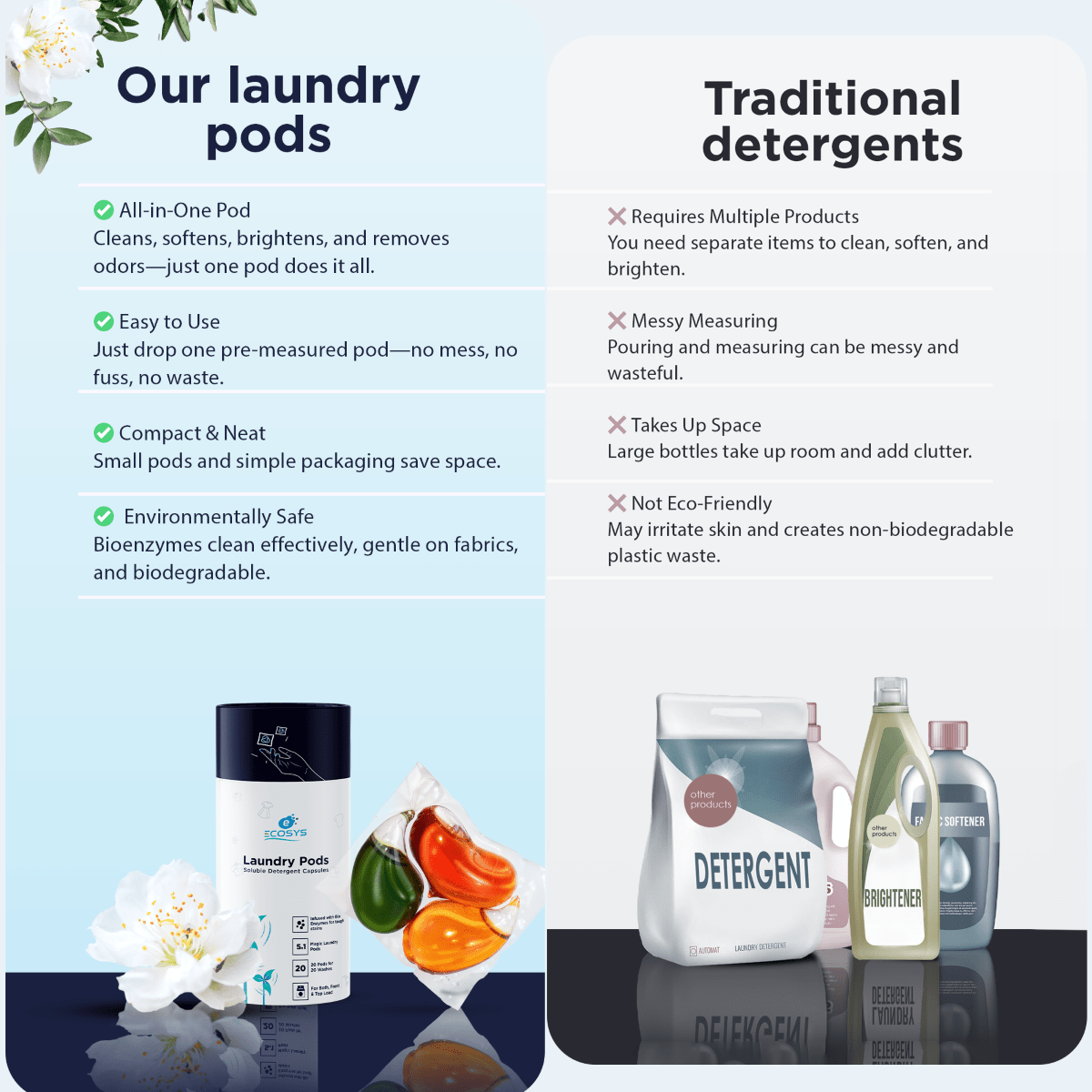







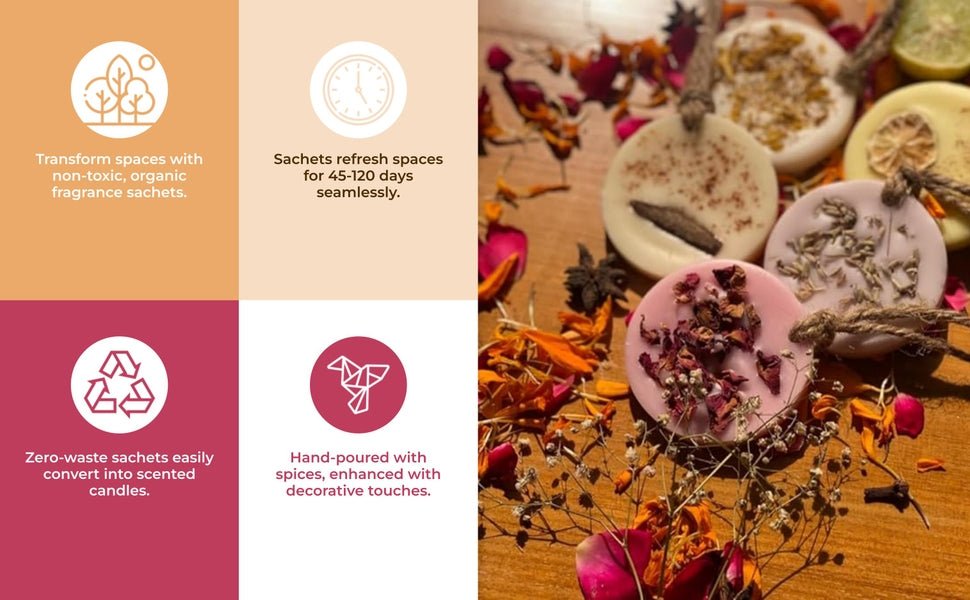








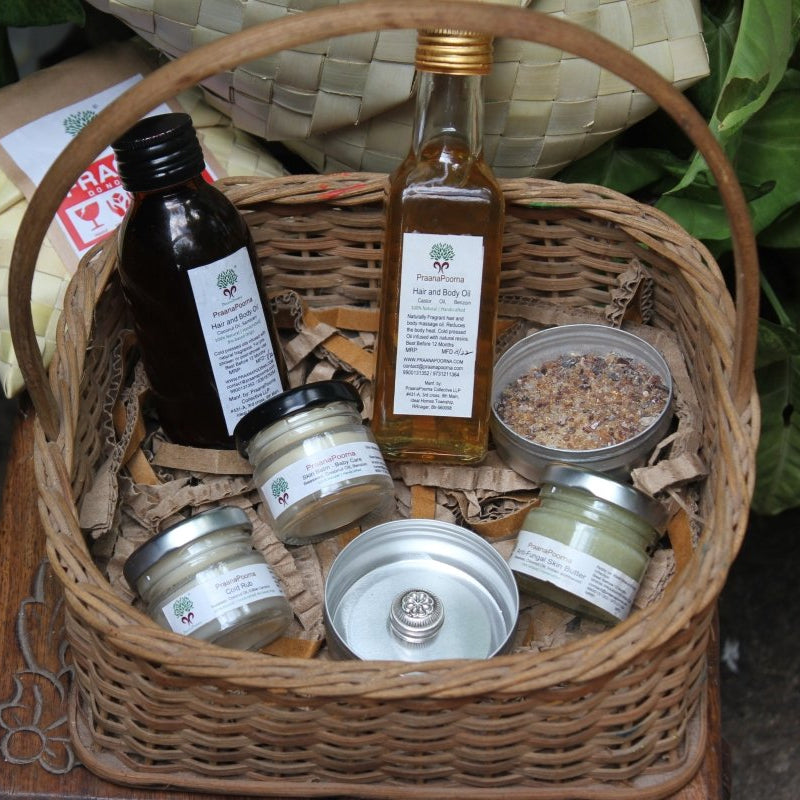
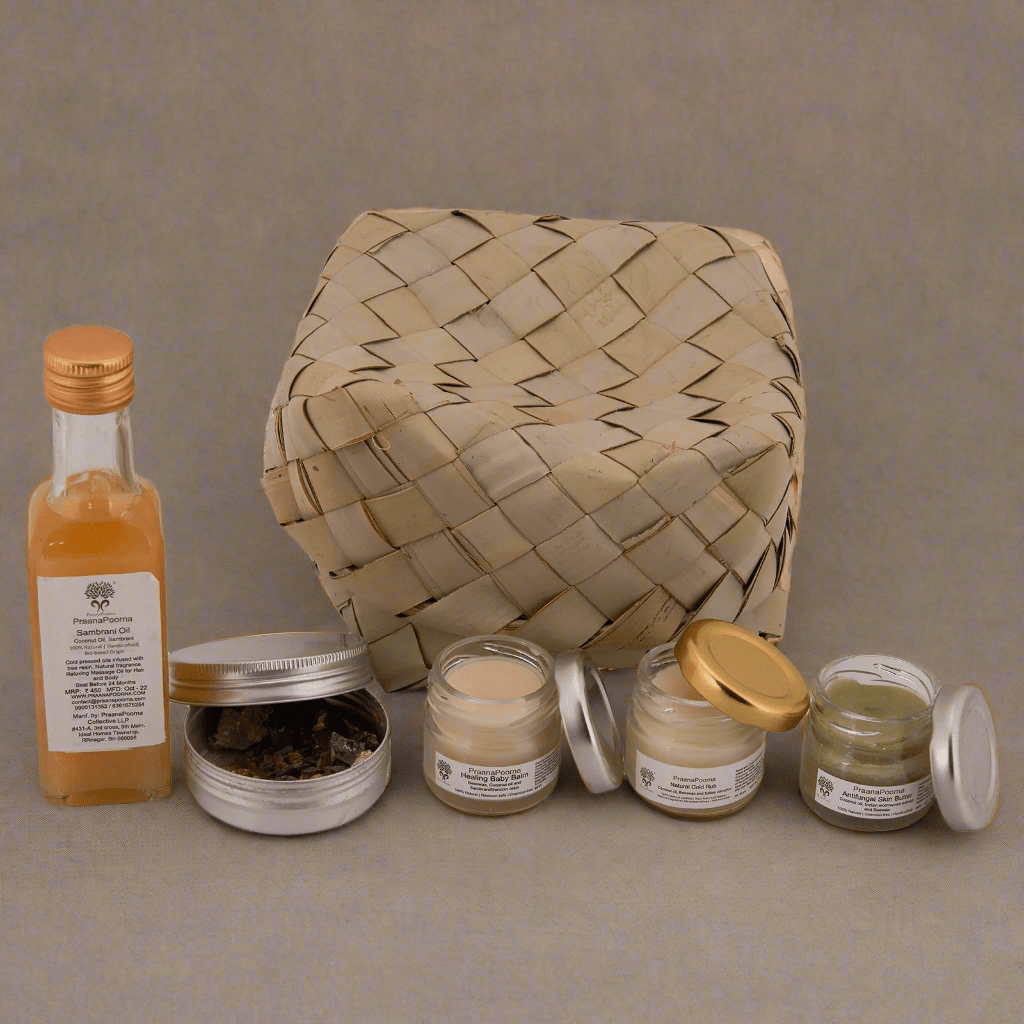
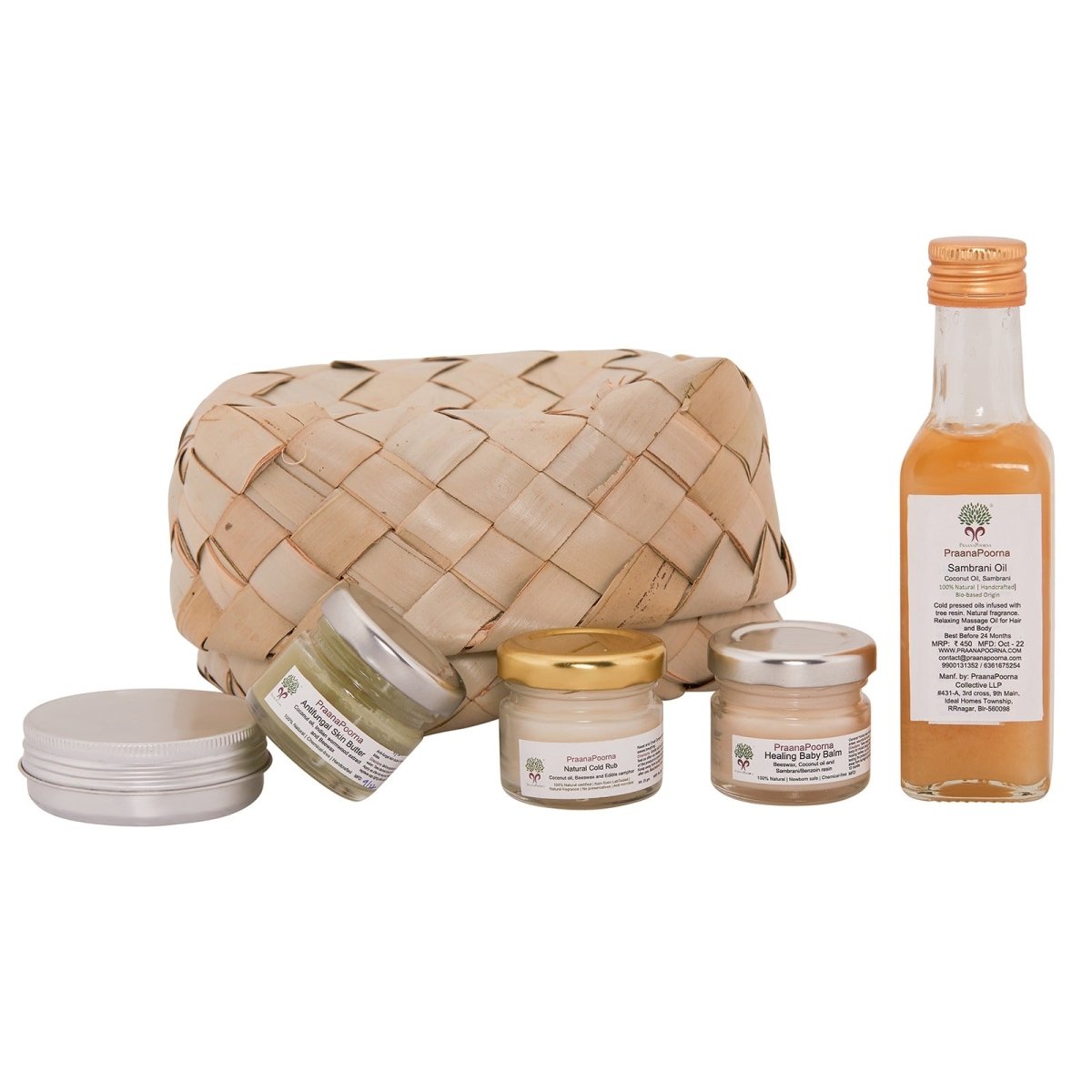
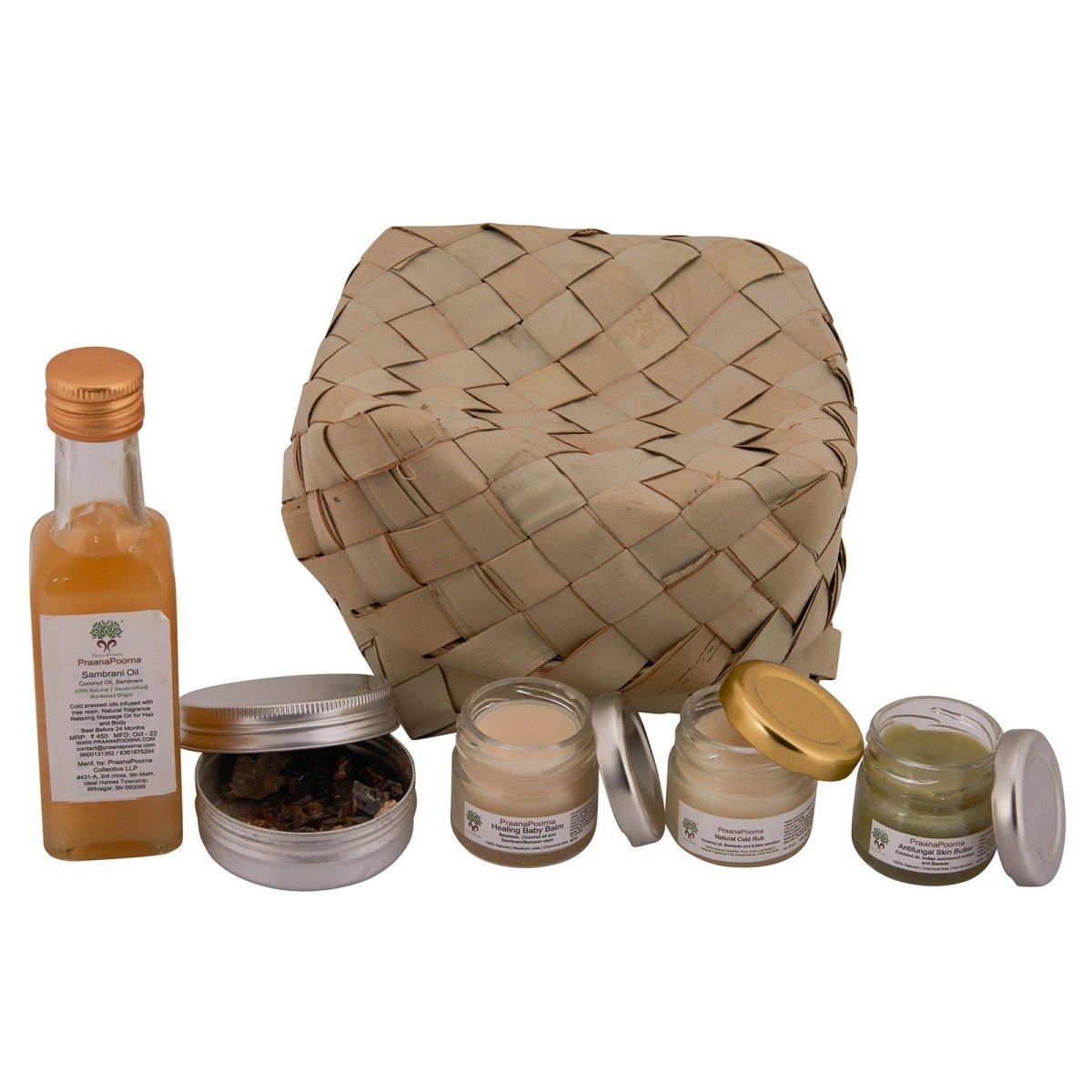


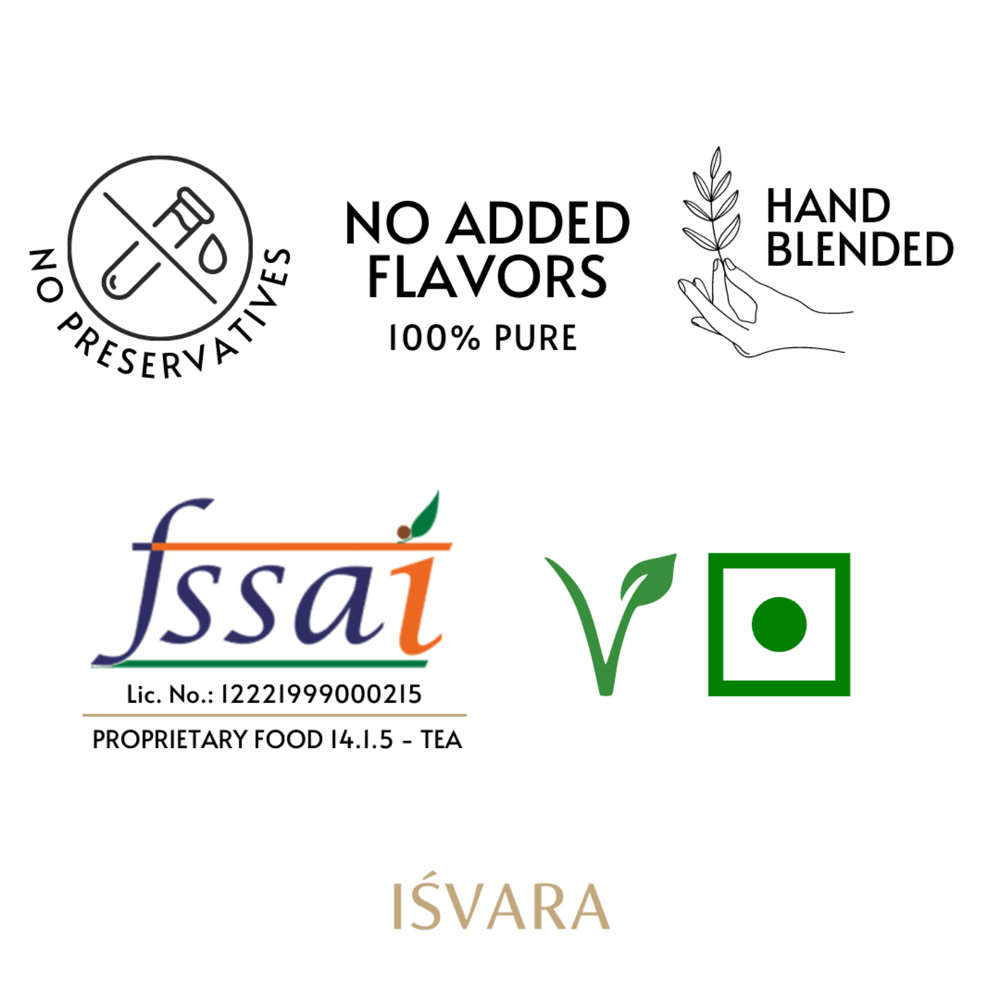
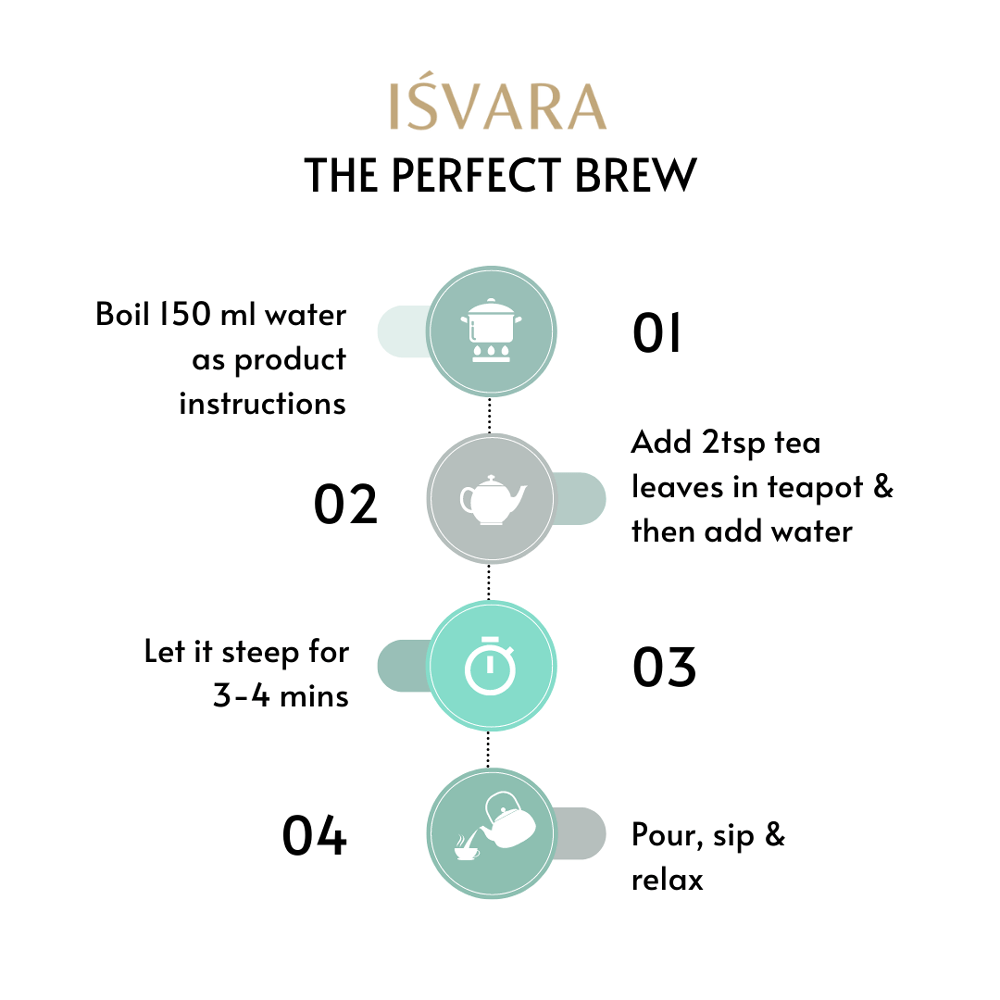
Share:
The Ultimate Guide to Green Home Essentials: Products Worth Buying
Why Sustainable Handbags Are a Must-Have for Conscious Travelers